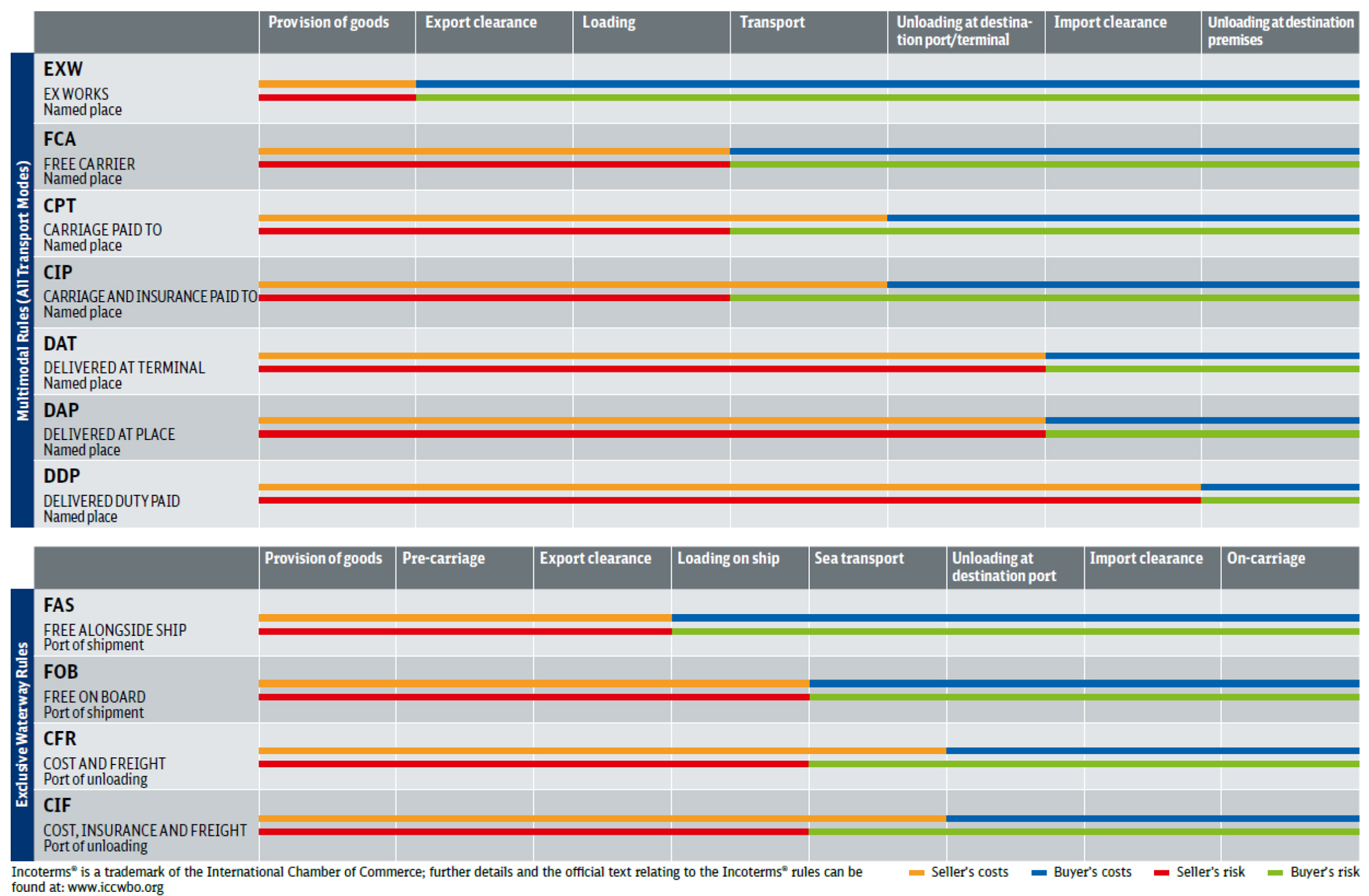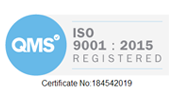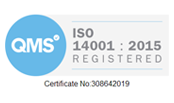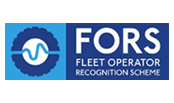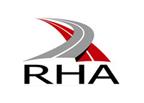We’re getting ready for Brexit –are your customers?
Preparing for the eventuality of a Hard Brexit makes sense. It starts with the shipper being aware of their obligations when shipping to Europe and getting ready.
Palletforce will ensure Members can continue to use our successful and growing European service after 31st October 2019. We cannot guarantee that there won’t be delays at EU borders for
hauliers but we can ensure we are ready to take whatever opportunities arise.
If there is a hard Brexit, how does it affect shippers?
Export
When exporting from the UK to the EU, the merchandise needs to be declared to the customs authority of the country the goods will leave.
Import
When importing from the EU, the merchandise needs to be declared to the customs authority of the receiving country
To manage this process correctly within our Pallet Partner’s Network, shipments need to comply in order to avoid delays to your consignments
Please speak to your customers and ensure that those that intend to ship to the EU after the 31st October 2019, know what they need to do in order to keep shipping successfully.
Basic steps for European Shippers
We recommend speaking to your customers to advise them of the following requirements. After a No deal or Hard Brexit, companies exporting from the European Union to UK (and vice versa), will need to:
• Have an EORI Number.
An EORI Number is required when trading between the EU and UK. You can apply for an EORI here: https://www.gov.uk/eori
• Confirm the value of their goods
The value of the goods is required to complete the customs declaration, and is necessary for the calculation
of VAT and Duty
• Confirm the country of origin of the goods
Establishing the country of origin of the goods assists to identify if they qualify for lower or zero customs duty.
• Confirm the Incoterms (shipping terms) for their shipments
The terms of the shipment used to define who is paying for the import and export customs declarations, and who is liable for duty and taxes upon import.
Be able to provide details of the type of packaging, and a clear description of their goods, together with the net
and gross weight
A clear definition of the packaging must be provided together with an itemised description of the goods when there
are multiple products.
• Confirm the classification of their goods, and the relevant Commodity Code (Tariff Heading)
The commodity code is unique to each product and is used in the export declaration to classify the goods correctly. You can find the Commodity Code (HS Classification) for your product(s) here: https://www.gov.uk/trade-tariff
• Determine the CPC –Customs Procedure Code, relevant to their goods
The customs procedure codes (CPC) identify the movement of the goods, describing the purpose of your shipment. • You can find guidance to the correct CPC codes here: https://www.gov.uk/government/publications/uk-trade-tariff-customs-procedure-codes
• Clarify if their products are prohibited or restricted in any way. Do they require an Export License or any Certification?
Some goods are restricted, and you will require the respective licence to import or export them
• Confirm that they are able to produce Commercial Invoices for all goods being exported
A commercial invoice is required and must be created for the value of the goods as sold. Dependent on the Terms of Sale (Incoterms) the agreed freight charges may also be required.
• Understand their process for creating and submitting an export declaration. If they are not creating the declaration themselves, they will need to complete the appropriate Direct Representation form to allow Palletforce to make the declaration.
The exporter can produce their own declaration, but most shippers will use a broker or agent to complete the declaration. If the shipper uses an agent or broker, they must provide a written authorisation allowing the broker to act as a Direct Representative.
• If importing, open a Deferment Account or apply for TSP –Transitional Simplified Procedure
• Imports to the UK are subject to VAT and possible duties. These costs must be paid in full to the customs authority upon import. Alternatively, the preferred method of the UK Government is a simplified clearance process –Transitional Simplified Procedures. TSP is only available to UK importers who have registered. • You can sign up for Transitional Simplified Procedure here:
https://www.tax.service.gov.uk/submissions/form/transitional-simplified-procedures/Are-you-legallyestablished-within-the-United-Kingdom?n=0&se=t
Incoterms
• Incoterms; they tell the parties what to do with respect to the carriage of the goods from buyer to seller, and export and import clearance.
• In the event of a No Deal Brexit, the relevance of Incoterms will substantially increase.
